A good Homeowners Association (HOA) board in Florida, as in other states, is essential for maintaining property values, ensuring community standards, and fostering a positive living environment. Here are key qualities and practices that contribute to an effective HOA board in Florida:
1. Knowledge of Governing Documents
Understanding Bylaws and CC&Rs: Board members should be well-versed in the HOA’s governing documents, including the bylaws, covenants, conditions, and restrictions (CC&Rs), and Florida state laws governing HOAs (e.g., Chapter 720 of the Florida Statutes).
Compliance with Florida Laws: Florida has specific laws regulating HOAs, such as requirements for meetings, financial transparency, and dispute resolution. A good board ensures compliance with these laws.
2. Transparency and Communication
Open Meetings: Florida law requires HOA board meetings to be open to members. A good board ensures transparency by providing proper notice of meetings and allowing homeowner participation.
Clear Communication: Regularly updating homeowners about decisions, financial status, and upcoming projects fosters trust and reduces misunderstandings.
3. Financial Responsibility
Budgeting and Reserves: A good board creates and adheres to a realistic budget, ensuring adequate reserves for emergencies and long-term maintenance.
Financial Transparency: Providing detailed financial reports and conducting annual audits helps maintain trust.
4. Fair and Consistent Enforcement
Uniform Application of Rules: Enforcing community rules consistently and fairly prevents favoritism and disputes.
Reasonable Rules: The board should ensure that rules are reasonable, enforceable, and in the best interest of the community.
5. Proactive Maintenance and Planning
Regular Maintenance: A good board ensures that common areas and community amenities are well-maintained, preserving property values.
Long-Term Planning: Developing and updating a long-term maintenance plan helps avoid costly repairs and ensures the community remains attractive and functional.
6. Conflict Resolution Skills
Mediation and Dispute Resolution: Florida law encourages alternative dispute resolution (ADR) for HOA disputes. A good board is skilled in resolving conflicts amicably and professionally.
Listening to Homeowners: Being approachable and willing to listen to homeowner concerns fosters a sense of community and reduces tensions.
7. Ethical Behavior and Integrity
Avoiding Conflicts of Interest: Board members should act in the best interest of the community, not for personal gain.
Accountability: A good board holds itself accountable for its decisions and actions, ensuring they align with the community’s best interests.
8. Professionalism and Training
Continuing Education: Board members should stay informed about HOA management best practices and changes in Florida HOA laws.
Working with Professionals: Engaging qualified professionals (e.g., attorneys, accountants, property managers) when needed ensures the board makes informed decisions.
9. Community Engagement
Encouraging Participation: A good board actively seeks input from homeowners and encourages volunteerism in committees or events.
Building Community Spirit: Organizing social events and fostering a sense of belonging can improve homeowner satisfaction and cooperation.
10. Adaptability and Problem-Solving
Handling Emergencies: Whether it’s a hurricane or a sudden financial shortfall, a good board is prepared to handle emergencies effectively.
Innovative Solutions: Being open to new ideas and technologies (e.g., energy-efficient upgrades, online payment systems) can benefit the community.
11. Respect for Diversity
Inclusivity: Florida communities are often diverse. A good board respects and represents the interests of all homeowners, regardless of background or culture.
12. Focus on Property Values
Enhancing Curb Appeal: A well-maintained community with attractive landscaping and amenities helps maintain or increase property values.
Balancing Costs and Benefits: The board should ensure that expenditures are justified and contribute to the overall well-being of the community.
By embodying these qualities and practices, an HOA board in Florida can effectively manage the community, protect property values, and create a harmonious living environment for all residents.
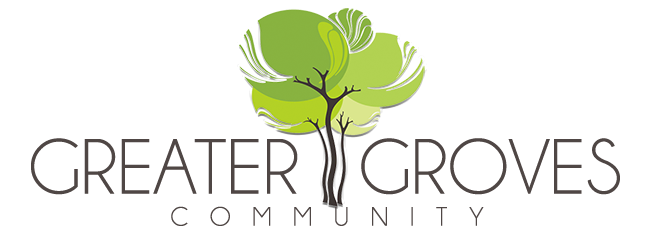



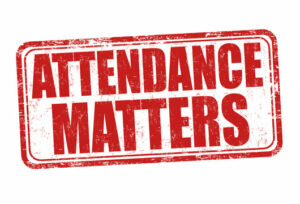




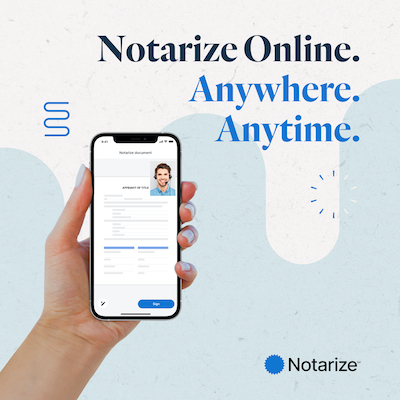
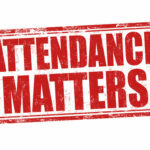


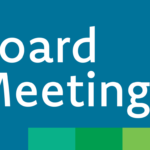







Add comment
You must be logged in to post a comment.